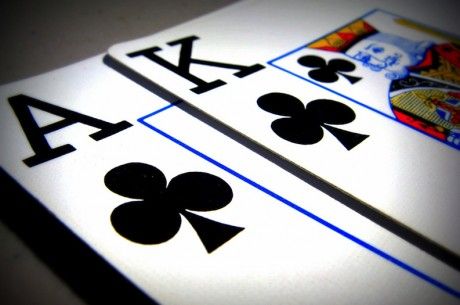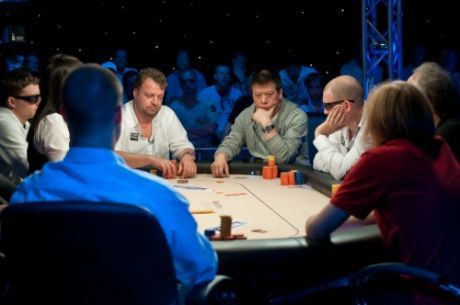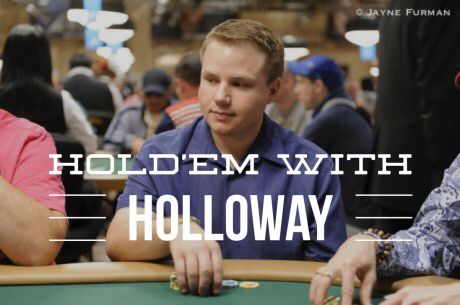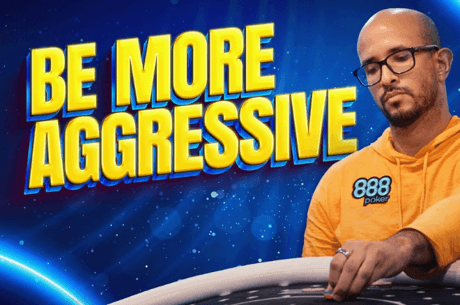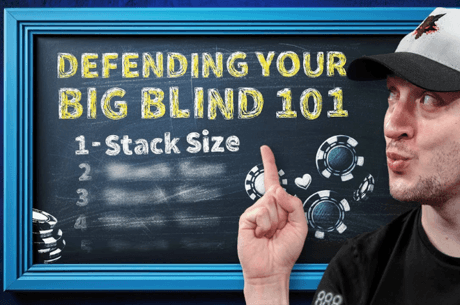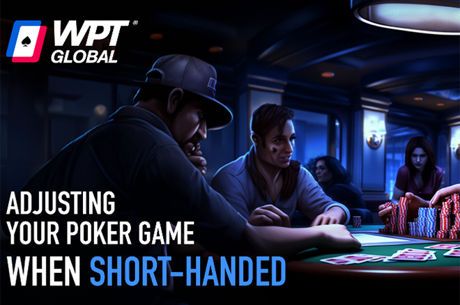Thinking Poker: You’re Supposed to Get Bluffed
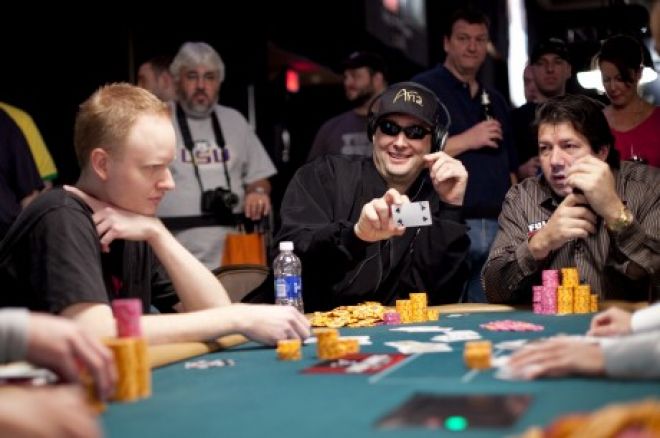
Most poker players hate the idea of folding to a possible bluff. Not only do you lose the pot, but you don’t get the satisfaction of seeing your opponent’s cards. You are left with that nagging feeling that “maybe I could have won that pot.” You begin to worry that you are “weak,” getting “run over” by “bullies.”
Or worse, maybe your opponent shows you the bluff, and then you really feel foolish. Not only did you get bullied, you got tricked, outsmarted by that leering buffoon on the other side of the table who is now rubbing it in. He’s laughing at you while he stacks your chips, and you’re sure that now that you’ve been revealed as a weakling the rest of the table is just waiting to run you off of pots.
Stop there. Ninety percent of this is happening in your head. The bluffer might be rubbing it in, but getting worked up about it would be giving him exactly what he wants.
And the rest of the table? Half of them were probably buried in their phones and didn’t even see the hand. Plus they can’t see your cards (unless you made the mistake of folding face-up — don’t do that), so they have no idea whether you made a bad fold or not. It’s unlikely that they think much of anything about you one way or the other, and even less likely that they’ll play differently against you because of this hand.
There are lots of emasculating metaphors we use for getting bluffed, but the truth is that it’s supposed to happen. Somewhere out there is a poker player who has never folded to a bluff, but he’s probably among the biggest losers in the game. If you never fold to a bluff, then you’re going to end up paying off way too many value bets, and ultimately you’ll lose more money than if you just suck it up and let yourself fold a winner now and again.
The truth is that most of your opponents probably don’t bluff as much as you think they do, and most players — probably including you — call more than they should. There may be a few situations where you tend to fold a little more than is optimal, but in general calling more big bets is probably not a major leak in your game that you need to address.
There’s something else you should realize, though it can be a bit tricky to wrap your head around. Just because someone shows you a bluff doesn’t mean your fold was a mistake.
When you make a decision to call a big bet, you have to think about all of the hands your opponent might bet. Unless you pick up a tell of some sort, you aren’t going to know which one he has this time. All you can do is take into account the action so far and what you know about this player and then do your best to construct a range of hands, a rough list of all the possibilities, with which he would make this bet.
Of course that’s easier said than done. It can take years to master this kind of range-based analysis (which is all the more reason to start sooner rather than later!). The point is that you aren’t playing against just the two cards your opponent is holding right now, you are playing against all of the cards he could be holding when he makes this bet. So seeing those two cards after the fact doesn’t necessarily tell you anything about your decision.
If you really understand this concept, then it takes all of the wind out of your opponent’s sails when he tries to needle you by showing a bluff. All he is really showing you is “I could have been bluffing there, and this time I was.”
But you already knew that he could have been bluffing. That’s why you tanked for a while and seriously considered calling.
Giving yourself a hard time over this is as silly as thinking you made a mistake when you got all in with the second nuts against the nuts. Probably you made the right decision and just ran into one specific hand in your opponent’s range that benefited from that decision. Often, that’s all that’s happened when you fold and get shown a bluff.
Now, when people show me a bluff, I don’t feel silly, and I don’t worry about looking silly. In fact, I lose a little respect for the poker skill of the person who apparently thinks that a single example of a hand from his range is going to change the way I think about my decision.
Be sure to check out Andrew and Nate Meyvis on the Thinking Poker podcast, and for more from Andrew visit the Thinking Poker website.
Get all the latest PokerNews updates on your social media outlets. Follow us on Twitter and find us on both Facebook and Google+!

